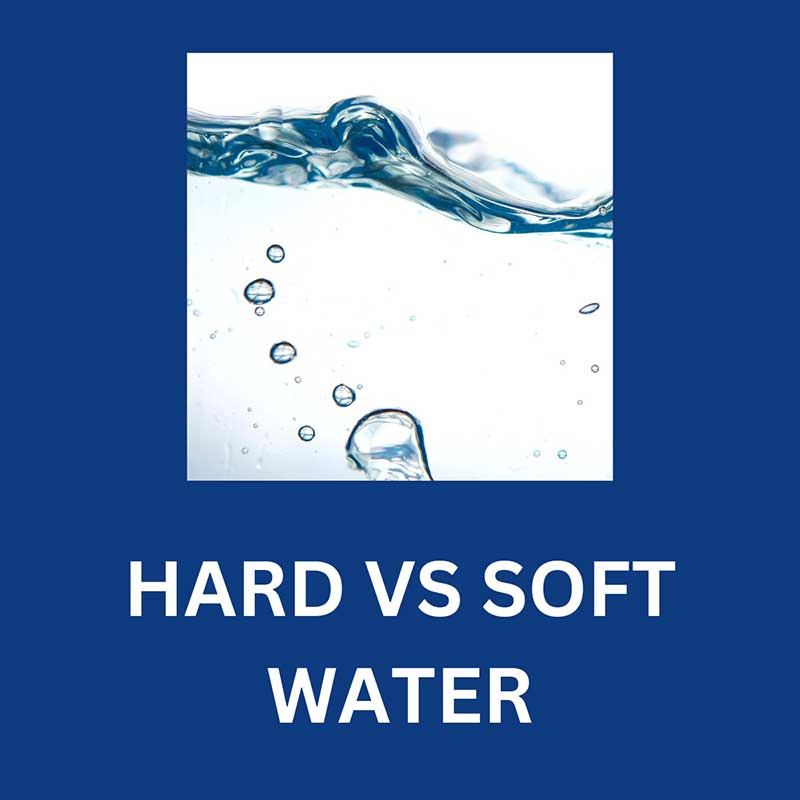
What’s the difference between hard and soft water?
- Hard water is better for drinking and cooking
- Soft water is better for cleaning and appliance longevity
Here’s why
To understand hard and soft water, you first need to know why water’s termed ‘hard’ or ‘soft.’
Water’s constantly on the move changing form along the way. Water evaporates turning into clouds then cools down returning to liquid water (condensation) which then falls as rain (precipitation) which fills our oceans, lakes, rivers and reservoirs (our water supply)
On the journey through the ground, water naturally collects minerals, one of which is calcium (an alkaline earth metal). The levels of Calcium in the water supply determine the waters ‘hardness’.
The higher the amount of calcium in the water the harder the water
0-20 (mg/L CA) is considered soft water
80-120 is considered hard water
Over 120 is considered very hard
Essex is a ‘hard’ to ‘very hard’ water area ranging from 83-170 (depending on the part of Essex you live in)
Hard water has health benefits such as supplying you with calcium and magnesium, good for teeth and bones and lowering cardiovascular disease.
You don’t get these built-in health benefits with soft water, so it’s better to drink hard water.
Hard water, however, isn’t as an appliance, plumbing and cleaning friendly as soft water.
The minerals in hard water have a detrimental effect on detergents, decreasing the effectiveness of some ingredients. Washing powders, dishwasher tablets, floor cleaners etc. all work better when used with soft water.
Essex residents often notice a white haze on glassware and cutlery after washing up; it’s not that the washing up liquids fault, it’s down to the hard water. This sticky haze will also build up in showers, shower heads and bathtubs making them challenging to clean.
Hard water also causes higher limescale build up that you’ll find in your kettle, washing machine, dishwasher and boiler, any appliance that uses hot water. Appliances that use hard water don’t last as long as appliances that use soft water.
So it’s better to use soft water for appliances, cleaning and bathing.
Essex & Suffolk Water don’t soften the water supply, so you have to learn to live hard water or soften your water.
Water Softening’s performed by attaching a water softening device to your water supply pipes. A water softener removes the calcium and magnesium from hard water by utilising sodium and creating soft water that’s easier to clean with and less aggressive on your appliances.
Remember though drinking hard waters better for your health, so it’s recommended that you keep a hard water supply tap for drinking and cooking when getting a water softener installed.

Hi, I’m Terry, the founder and owner of TM Hughes & Son Gas Services
Please get in touch to book an appointment or receive a free, no-obligation quote
Call – 01245 830075
Email – info@tmhughesandson.uk
